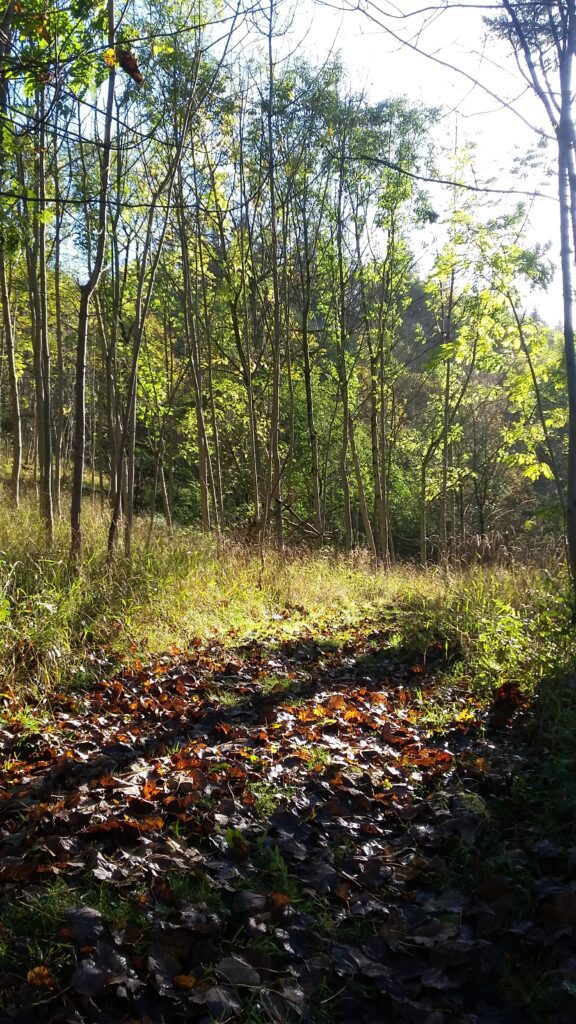Shaun Lambert writes about the gift of ‘free play’ and its link to creativity
I have been reading a book called Wayfinding by Michael Bond. It is about ‘the art and science of how we find and lose our way.’ Being good at finding your way is something that develops in childhood. Exploring is something we do naturally as a child. As Robert McFarlane puts it in his book Landmarks, when we are children ‘nature is full of doors…and they swing open at every step.’ In the world of imagination ‘A hollow in a tree is a gateway to a castle.’[1]
As we know, however, Michael Bond reminds us ‘the opportunities for children to wander have greatly diminished.’ What he calls a child’s ‘home range,’ how far they are allowed to roam from their home by their parents is drastically reduced right now.[2] This is largely due to traffic and the perception of ‘stranger danger.’[3]The rise of technology, smartphones and the virtual world have also contributed to this ‘living in our head’ rather than exploring our neighbourhood.

If you are reading this and from an older generation, you might have fond memories of going out on your bike all day or wandering around with your friends as a child, playing football in the streets. Clare, my wife, talks about a spinney and a stream they used to play in as children in Coventry. They would jump on their bikes to get there.
This wandering around without any particular purpose or structure is called ‘free play.’[4] Being able to wander about a larger space and work out how to navigate that space is very good for our children’s development. I am struck by how much children love Scargill. The house is a maze in which they can run around, and play hide and seek. They can get lost and find themselves again. They have the joy of discovering what feels like a secret room, or a magical wardrobe.
Then there is the space outside, the 90 acres of land. They can enjoy the playground, run through the meadow, look for butterflies, see a deer eating from the compost heap. They can meet a dog, cats, chickens – see swifts, swallows, house martins – hear the pheasants and curlews. They can look for water beetles, and newts in the pond (safely supervised of course)! They can paddle in the river Wharfe on a sunny day followed by an ice cream in Kettlewell village.
This year, at our three Summer Fests, children have been on our amazing waterslide, learnt archery, done treasure hunts, been introduced to singer-songwriters, actors, and magicians. At Scargill the community has learnt to trust the space around us, it begins to weave its spell of healing and freedom when allowed to do so.
Psychologist Peter Gray argues that ‘free play is the means by which children learn to make friends, overcome their fears, solve their own problems, and generally take control of their own lives…Nothing that we do, no amount of toys we buy or ‘quality time’ or special training we give our children, can compensate for the freedom we take away.’[5]
‘Play’ is of course a core value at Scargill and reflected implicitly in the community Pathway promises. I have seen it in action many times! Play leads to the release of creativity. Creativity is the antidote to our world of fear and uncertainty and the narratives that offer us no hope.
[1] Quoted in Michael Bond, Wayfinding (Picador, 2020), 23.
[2] Bond, 24.
[3] Bond, 25-26.
[4] Bond, 29.
[5] Peter Gray, Free to Learn: Why unleashing the instinct to play will make our children happier, more self-reliant, and better students for life (Basic Books, 2013, 5, quoted in Bond, 29.

